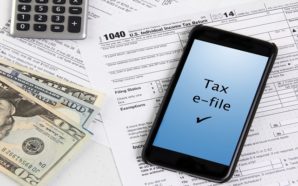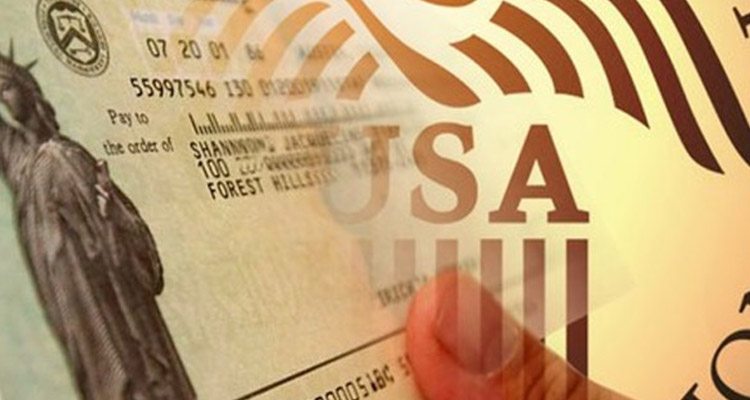The Most Common Tax Scams during Tax Season

The Internal Revenue Service (IRS) publishes a list called the Dirty Dozen every year. The Dirty Dozen comprises of “the worst of the worst” tax scams of the year. Here is list of the top scams for 2018 that you need to be careful about:
- Phishing
Phishing is a cyber-crime and the IRS states that it will never contact its taxpayers via email with regard to a tax refund or bill. The agency also warns that you should never open an email that is supposedly from the IRS.
- Identity Theft
Do not give out your personal information via email, phone or text. Tax scammers steal your Social Security Number as well as other personal details and then use them to file fraudulent tax returns.

- Phone Tax Scams
One of the most common tax scams is when impersonating an IRS agent calls you and threatens you with deportation, jail and even license revocation over a tax bill. By scaring you, these criminals make you pay false tax bills through wire transfers or prepaid debits cards or even gift cards.
The IRS never makes such calls. If you receive such a call, report it to the IRS at 800-829-1040.
- Falsifying Income
Falsifying your income so that you qualify for extra tax credits such as the Earned Income Tax Credit is a tax scam. If you are caught, you will pay hefty fines. Even if it was your tax preparer who encouraged you to take this step, you will be the one penalized.
- Fraudulent Charities
Some scammers will ask you for money in the name of fake charities. Money given to charities are non-taxable, so you might be tempted to do so. Make sure you check that “charity’s” credentials and never give cash.

- Falsely Inflated Refunds
Beware of anyone who promises you inflated tax refunds. It’s a tax scam. Tax Preparers who ask taxpayers to sign a blank return, promise you a big refund without looking at your tax records or charge a percentage fees based on your refund are scammers.
- Tax Preparer Fraud
Be careful of fraudulent tax preparers. Check for their IRS Preparer Tax Identification Number before you work with a tax preparer.
- Trivial Tax Disputes
People try to take advantage of the freedom to contest their tax bills by disputing them in court with unreasonable as well as outlandish claims. This is also a tax scam.
- Inflating Deductions
Some taxpayers try to inflate their deductions in the hopes of getting higher refunds. Doing so can trigger audits, massive financial penalties and even criminal prosecution.

- Overseas or Offshore Accounts
Trying to hide you money in offshore accounts is a tax scam that will lead to penalties and criminal prosecution.
- Abusing Tax shelters
Attempting to evade taxes by hiding your assets through financial instruments like captive insurance or trusts is abusing the system.
- Spurious Business Credits
Dishonest tax preparers can take advantage of real credits by using them where they are not applicable, especially when it comes to research credit and fuel credit.











